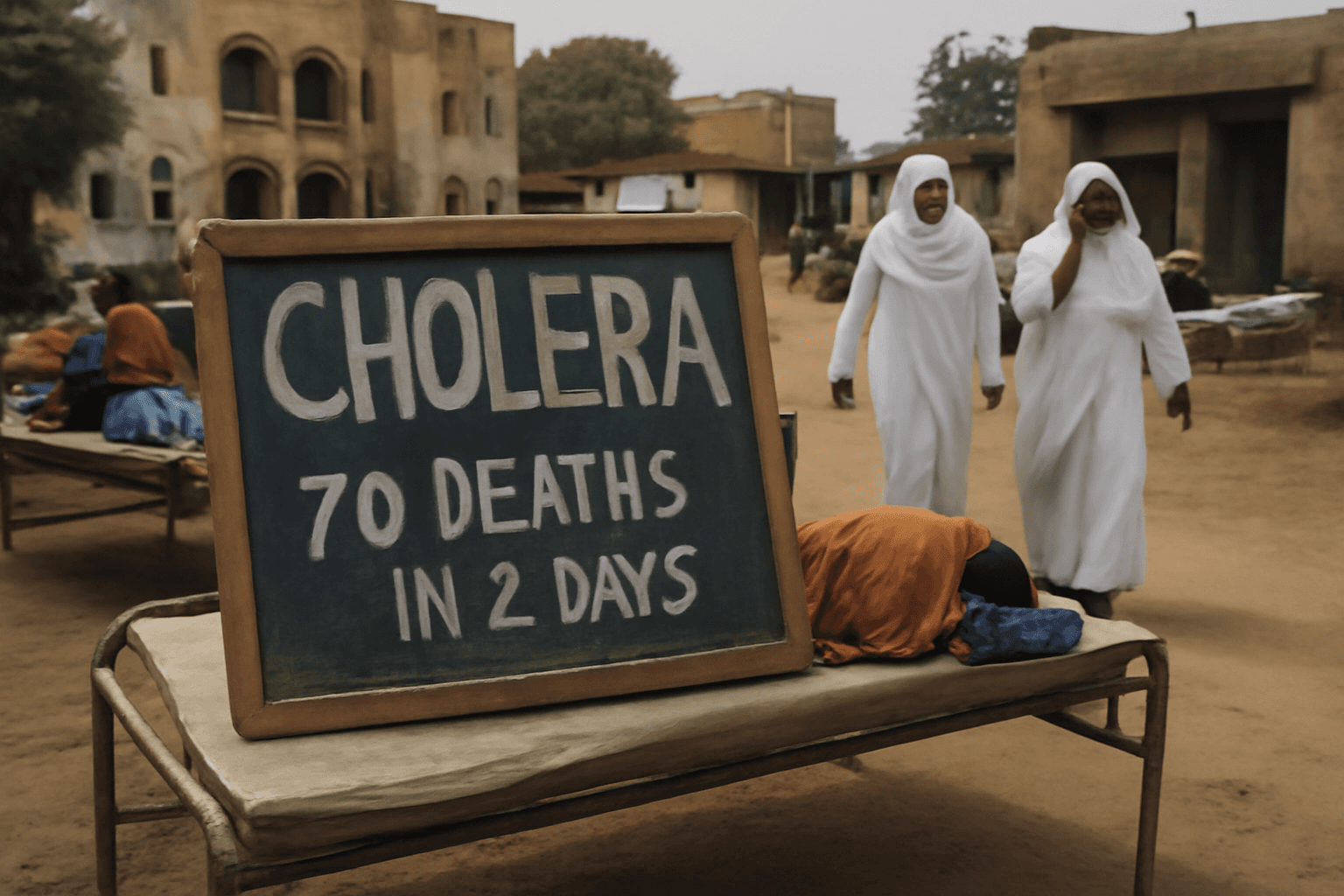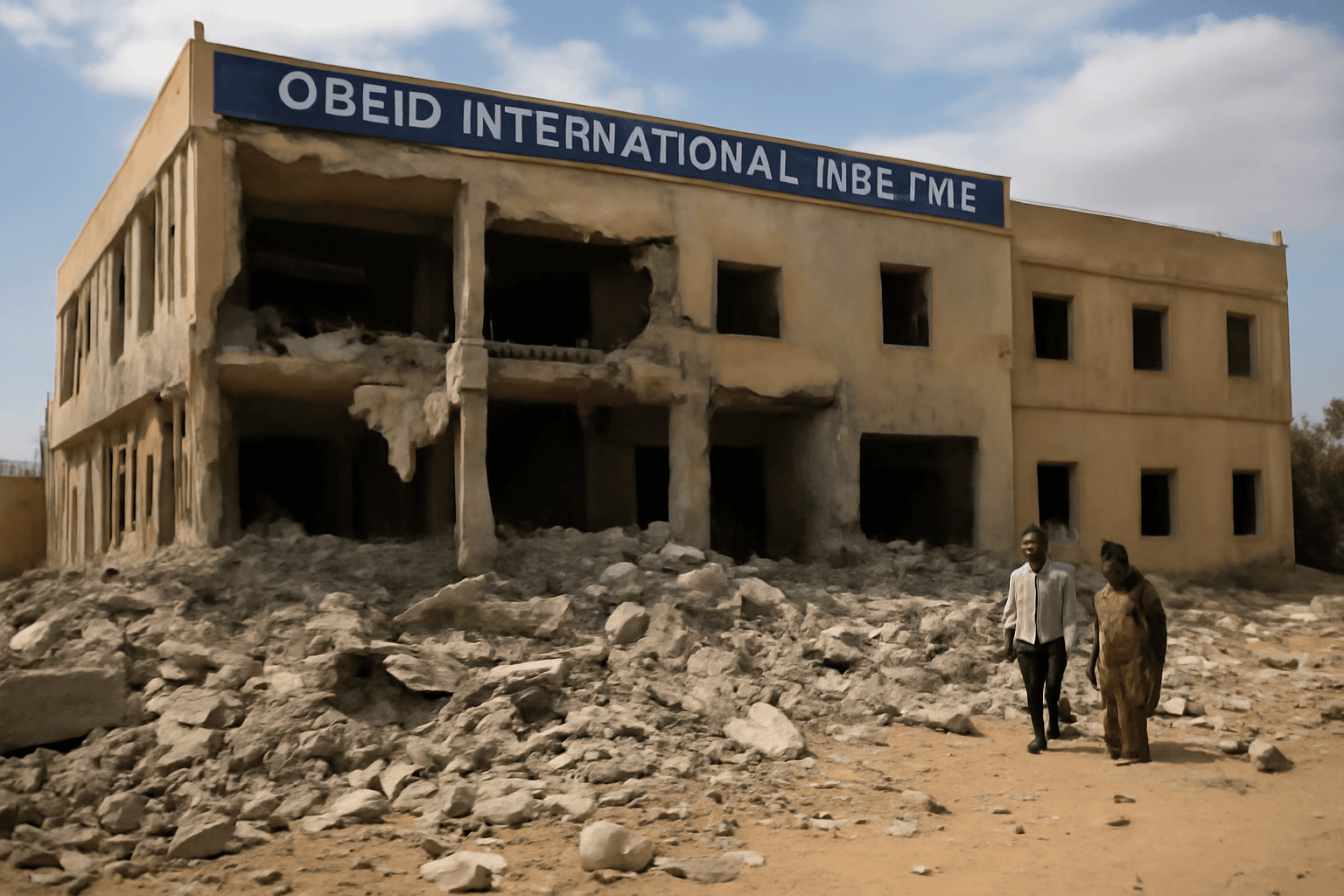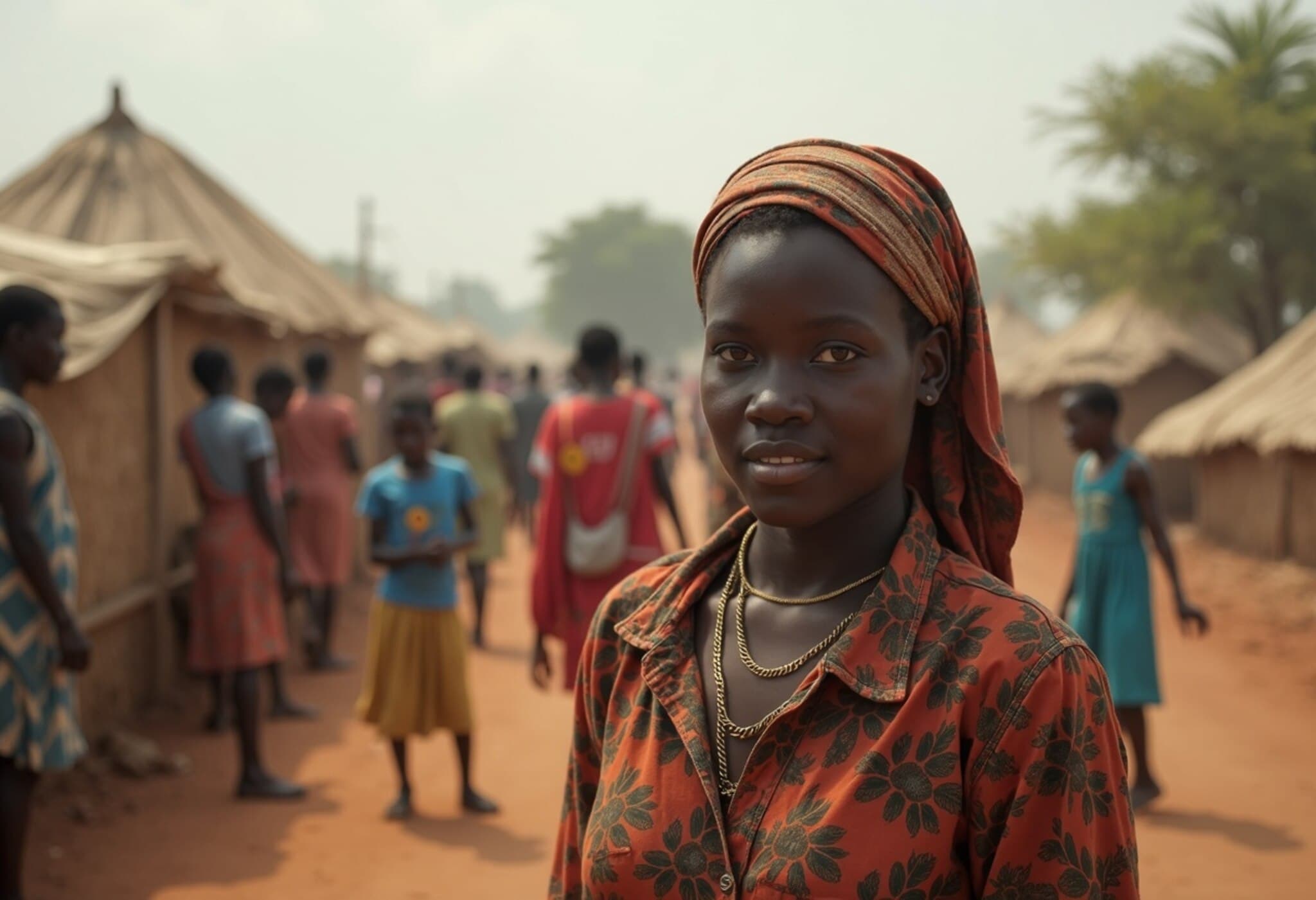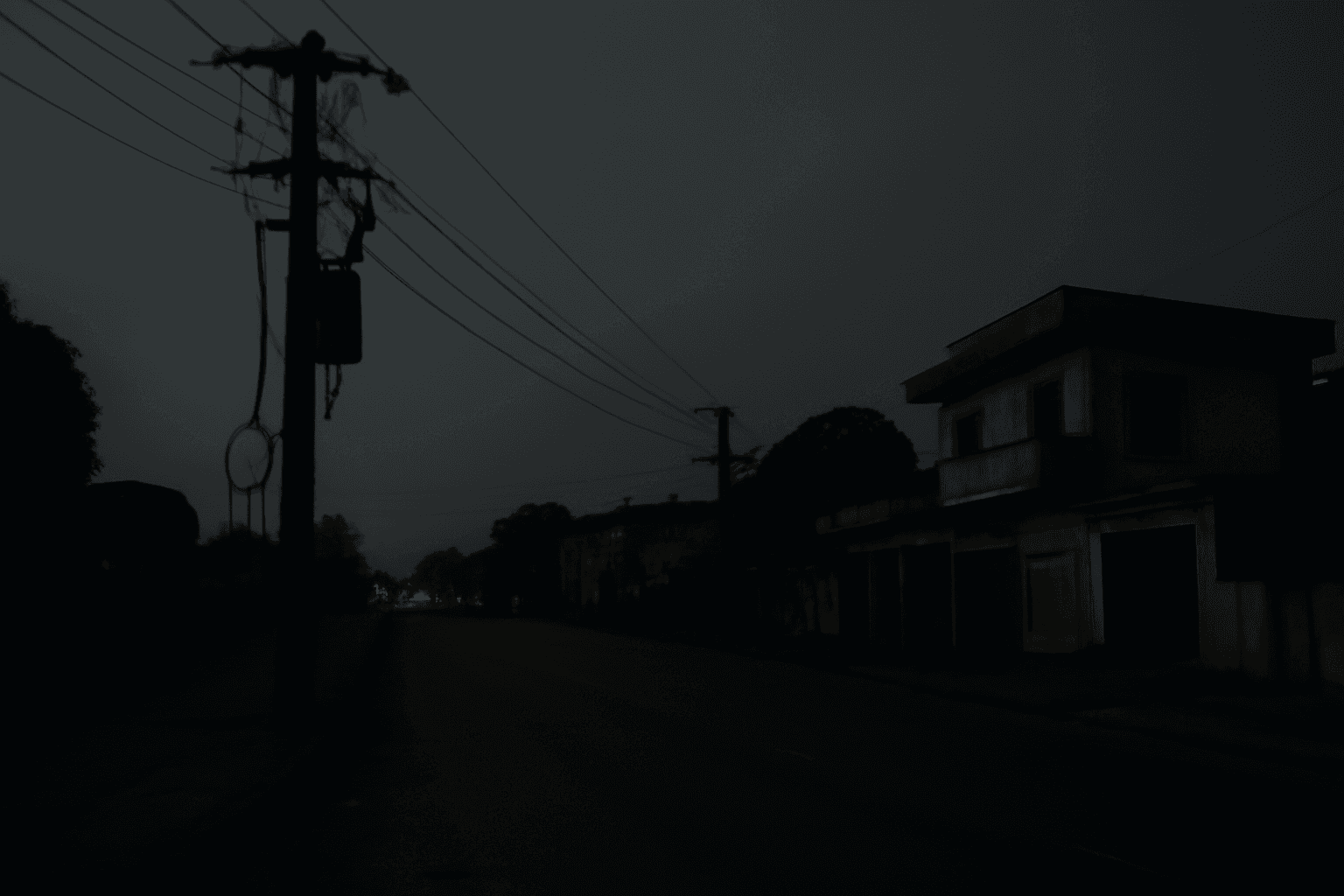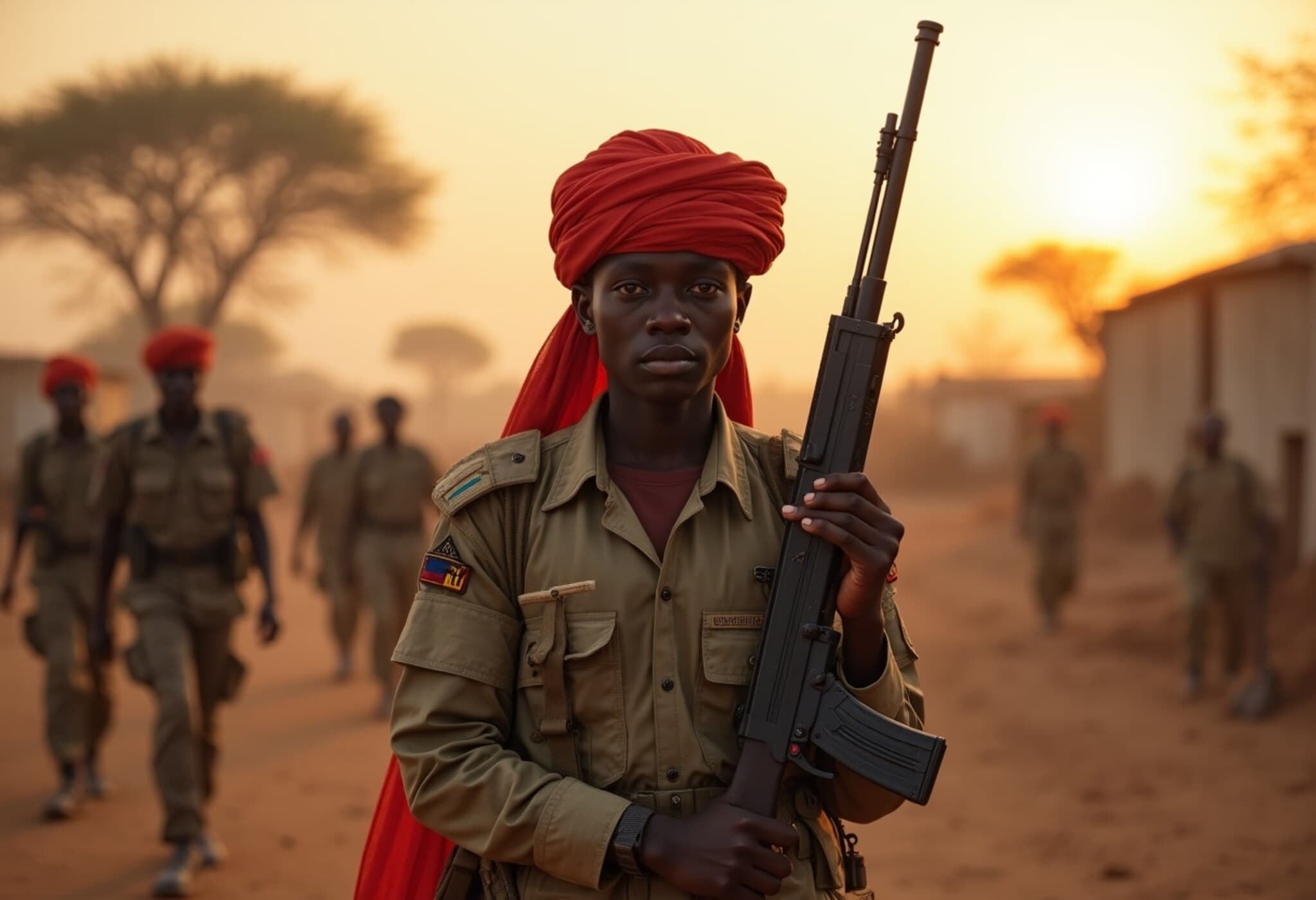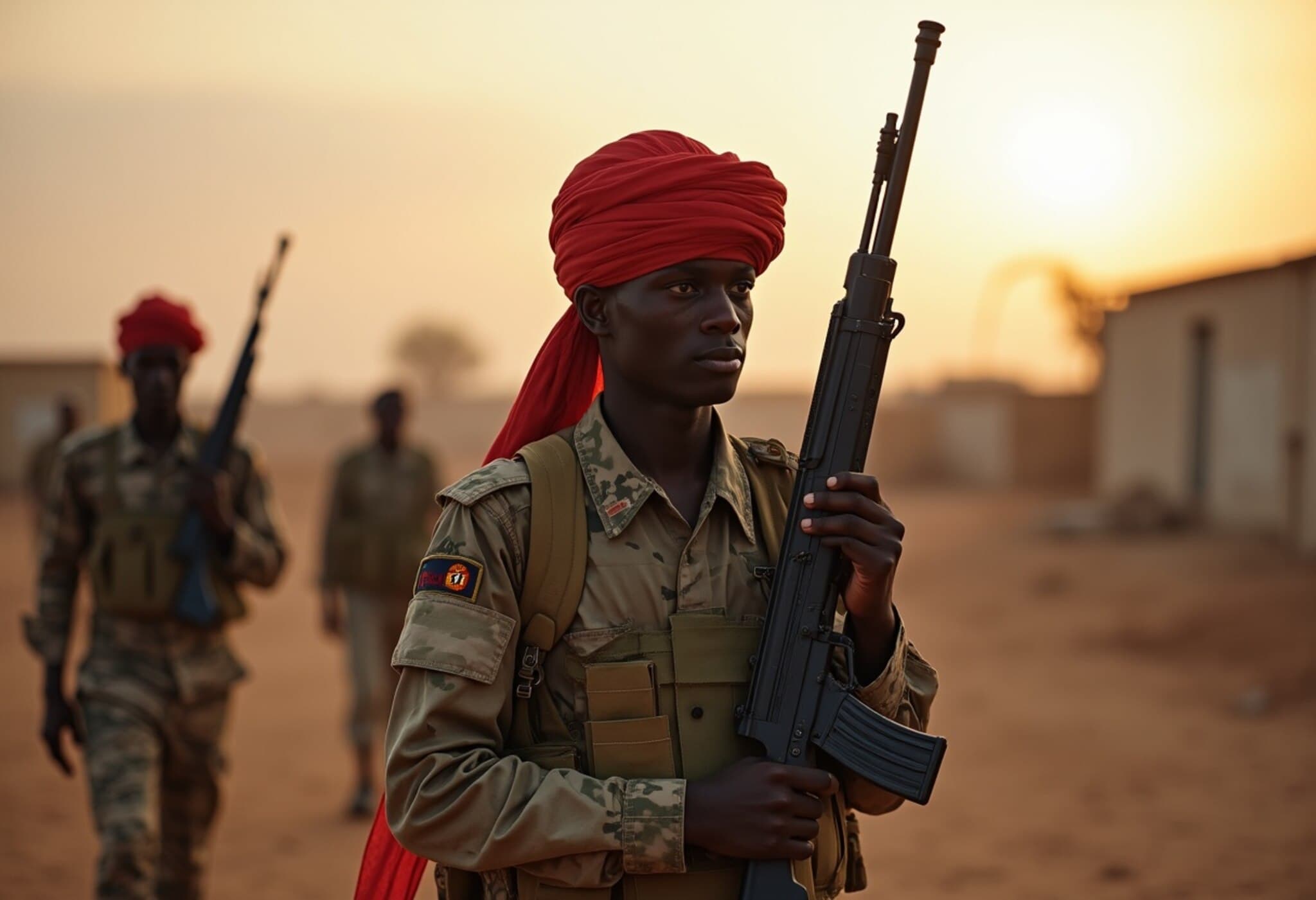A severe cholera outbreak in Sudan's capital, Khartoum, has resulted in 70 deaths over two days, health officials confirmed on Thursday. The capital city is grappling with a growing health crisis amid ongoing conflict and deteriorated infrastructure.
The Khartoum state health ministry reported 942 new cholera cases and 25 deaths on Wednesday, following 1,177 infections and 45 fatalities on Tuesday alone. Approximately 90% of these deaths occurred in Khartoum, highlighting the city as the epicenter of this outbreak.
This surge follows weeks after drone strikes, attributed to the paramilitary Rapid Support Forces (RSF), severely disrupted water and electricity supplies across Khartoum. The capital has been a fierce battleground between the Sudanese army and RSF for over two years, debilitating critical services and infrastructure.
Although the Sudanese army announced last week it had expelled RSF fighters from their remaining bases in Khartoum, the city remains devastated. More than 90% of hospitals in the primary conflict zones have ceased operations, overwhelming the already fragile healthcare system.
The federal health ministry reported 172 cholera-related deaths nationwide in the week ending Tuesday, with Khartoum accounting for the vast majority. Despite authorities stating that 89% of patients in isolation centers are recovering, worsening environmental conditions are propelling the rapid spread of the disease.
Cholera is endemic in Sudan; however, the war has intensified the frequency and severity of outbreaks. Since August 2024, over 65,000 cholera cases and 1,700 deaths have been recorded across 12 states. Khartoum alone has reported more than 7,700 cases and 185 deaths since January, including over 1,000 infections among children under five.
International aid groups have warned that Sudan is nearing a catastrophic public health emergency. According to Eatizaz Yousif, Sudan director for the International Rescue Committee, the overlap of conflict, displacement, damaged infrastructure, and restricted access to clean water is accelerating the resurgence of cholera and other deadly diseases.
The approaching rainy season could exacerbate the crisis by limiting humanitarian assistance. The ongoing war, which began in April 2023, has claimed tens of thousands of lives and displaced 13 million people. While an estimated three million fled Khartoum alone, about 34,000 have returned recently, only to face destroyed homes and a lack of essential services.
UNICEF reports that over one million children in cholera-affected areas of Khartoum are at heightened risk. The cholera outbreak underlines the urgent need for international support and swift intervention to mitigate further loss of life amid Sudan's deteriorating humanitarian conditions.

